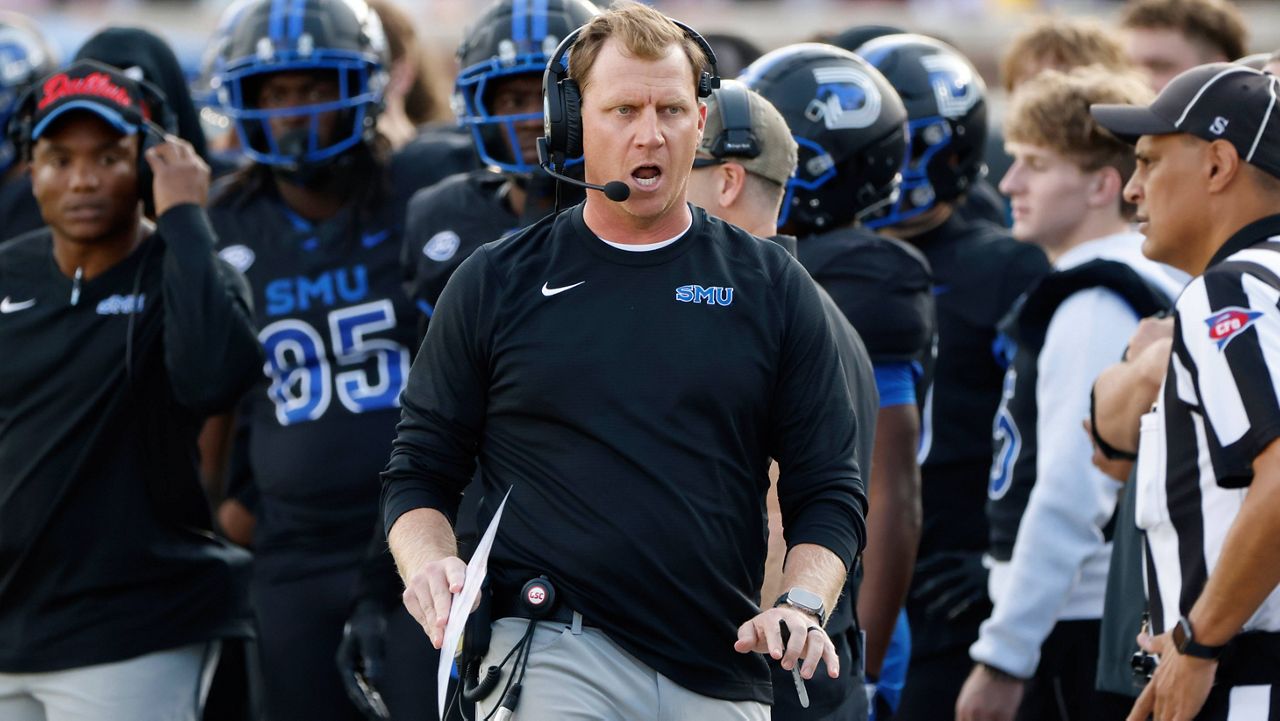Gambling
New York State is gambling away consumer choice

As a former attorney general for the State of New York, I am concerned that some of the sports gaming companies the state once helped fend off crony capitalist regulatory attacks are now using equally alarming cronyism against their own competitors. This cronyism is affecting consumer choice and marketplace fairness in our state while jeopardizing millions of dollars of tax revenue at the same time — the same tax revenue that motivated the state Legislature to legalize fantasy sports in the first place.
When it comes to sports gaming, New York leads the nation. When the U.S. Supreme Court struck down the federal ban in 2018, the Empire State (which pre-legalized online sports gaming in 2013) was already ahead of the curve and immediately moved forward to create its state marketplace.
As a result, New York is now the United States’ sports gaming leader. It has realized $1.7 billion in tax revenue from the industry and counting, which has paid for significant portions of the state’s public safety and education needs.
Then came fantasy sports. By leveraging their knowledge of sports history and favorite players (as opposed to just the stupid luck that comes with gambling) to win big, fantasy sports allow New Yorkers to get even closer to the professional sports games they love.
Much like with sports gaming, the casinos worked tooth and nail to stop the Legislature from allowing fantasy sports, unreasonably arguing that such games resemble illegal gambling, not skill-based contests. Nevertheless, the state Legislature chose consumer choice, not crony capitalism, by moving forward with fantasy sports legalization in 2016. This proved to be yet another benefit for the state’s taxpayers as 15% of the industry’s profits go straight to the state treasury, or roughly $5 million annually.
Regrettably, however, DraftKings and FanDuel, the same companies that benefit from New York’s favorable regulatory environment, are trying to stop their competitors from operating in the state. They aren’t trying to hide it, either. When pressed on the matter, the two companies confirmed that this is exactly what they are doing, calling their lobbying efforts a “call for clarity.”
Make no mistake: the only thing it’s a call for is to have regulators pick the winners and losers in this competitive arena.
While DraftKings and FanDuel now receive most of their revenue from sports gaming, not fantasy sports, they started as fantasy companies. They still operate their fantasy contests, though, and seemingly don’t like that they are no longer the only two games in town. That’s why they have now turned to the government to see that their competition is outlawed — incredulously, arguing that their competitors’ games are gambling rather than fantasy sports (the same argument the casinos made to try and stop DraftKings and FanDuel years earlier, which DraftKings and FanDuel both fought vigorously to counteract).
The reasoning that DraftKings and FanDuel used years ago to fend off such attacks still apply in this case: less choices means more money in large companies’ pockets but less tax revenue for the Empire State and worse experiences for the New Yorkers who participate in this industry.
Unfortunately, when it comes to the games FanDuel and DraftKings are currently playing, New York’s decisionmakers have thus far played ball, with the New York Gaming Commission voting to grant DraftKings and FanDuel nearly complete market dominance by outlawing their competitors’ operations. As a result, some of the fantasy companies in question, including PrizePicks (one of DraftKings and FanDuel’s fiercest marketplace rivals) have already left the state.
Jeremy Levine, the founder of Underdog (another one of DraftKings and FanDuel’s competitors) clearly summarized the issue at hand when, in response to this news, he wrote, “What do monopolists do when they are afraid of competition?” They use their money, power, and influence to target competitors.”
Likewise, John Yun, the executive director of the Global Antitrust Institute and an associate professor of law at George Mason University, correctly labeled DraftKings and FanDuel as “rent seekers” that are attempting to distort the market and limiting consumers’ choices.
Monopolies and duopolies always hurt consumers and taxpayers. The marketplace should dictate which products succeed in our state, not lobbying power.
It’s not too late for New York to reverse course and do what’s right. The state has already reversed course on past regulations that stifle competition, such as when it lifted its ban on Uber and ride-sharing that benefited none other than the taxi lobby, so it can without question do the same here.
Vacco served as the 62nd attorney general of the State of New York and the United States attorney for the Western District of New York.








